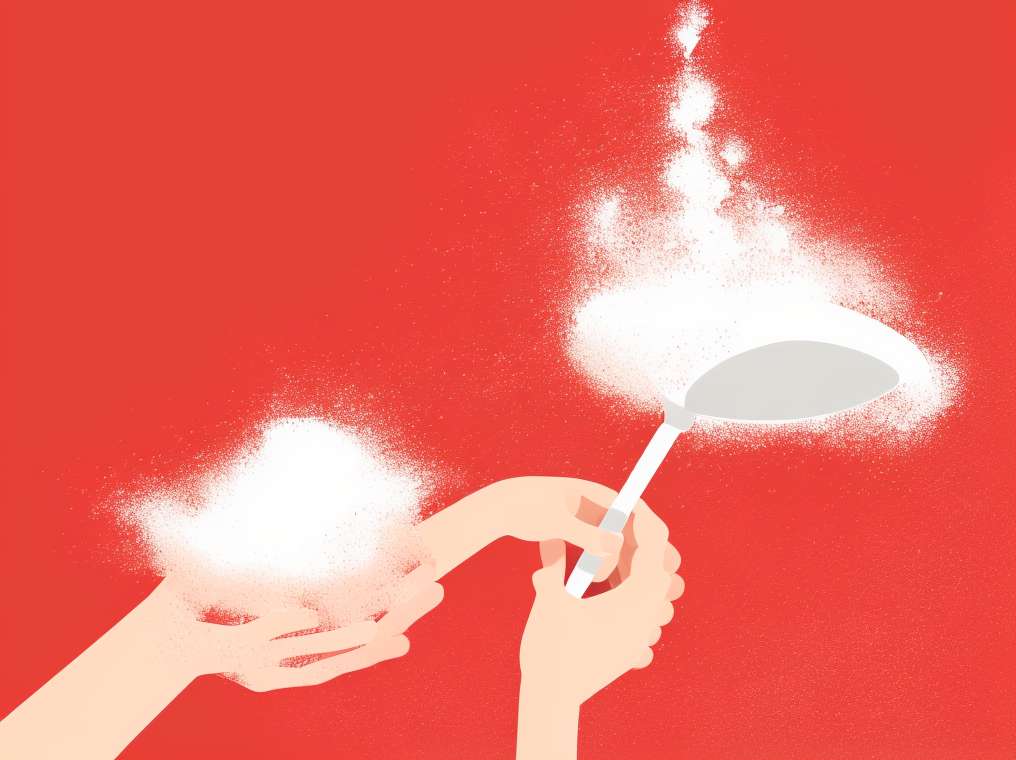Know the foods that will keep you slim!
April 2024

In the last 12 years, deaths by diabetes in Mexico they have doubled. For this reason, for some years the application of a tax on sugary soda to help in the fight against obesity, which seems closer and closer.
During the last Legislature, in 2006, a first formal initiative was presented for this purpose, but it did not have the success or expected achievement. Since then, the beverage industry has committed to greater self-regulation regarding the sale and content of soft drinks and sugary drinks .
The reality is that the self-regulatory policies of the food and beverage industry have not been sufficient to reduce such consumption nor has it helped in the fight against obesity.
However, the initiative was presented again by the PAN Marcela Torres Thursday, in the Senate, although it must pass to Deputies, which is where the budget is discussed. Now with a big difference, because both PAN and PRD agree, which would make a majority for approval.
The proposal is to apply a 20% tax, which implies 1.70 pesos per liter of soda . This would imply reducing the consumption of sweetened carbonated drinks from 163.3 to 120.9 liters per person per year, that is, in a fifth.
To this end, it is proposed to reform the Law on the Special Tax on Production and Services , similarly to the tobacco tax, which, by the way, also seeks to raise it from 7 to 14 pesos per pack, to comply with the commitment signed by Mexico before the WHO for years.
The Rudd Center on Food Policy and Obesity at Yale University has an estimate that the application of a 20% tax to the soda would generate in Mexico the equivalent of not less than 2 billion dollars per year.
These resources would be directed to solve several problems that prevent an effective fight against obesity. Among them, install water purification systems in regions where there is no access to drinking water. It is estimated that 10 million Mexicans do not have access to drinking water, particularly in basic education schools, in accordance with Alejandro Calvillo, leader of the association El Poder del Consumidor.
Another part proposes allocating it to campaigns of prevention and food orientation, as well as to the attention of obesity and diabetes , and its complications.
Mexico would join the list of countries that have implemented this tax, which among other measures have also banned the sale of sugary drinks in oversize, as a way to reduce the disproportionate consumption of liquid candy, including soft drinks, fruit juices and milkshakes.
For its part, the National Association of Producers of Soft Drinks and Carbonated Waters, the Mexican Council of the Consumer Products Industry (ConMéxico) and the same Canacintra , argue that this tax is not effective in reducing consumption of refreshments .
Even if that were true, the proceeds would help cover the growing costs for obesity Y diabetes , a situation that has been pointed out by innumerable international organizations.
The same owner of the OECD, José Ángel Gurría , has warned that this makes the future of the country unviable not only in terms of public health, but in financial terms.
Follow us at @GetQoralHealth, GetQoralHealth on Facebook and YouTube